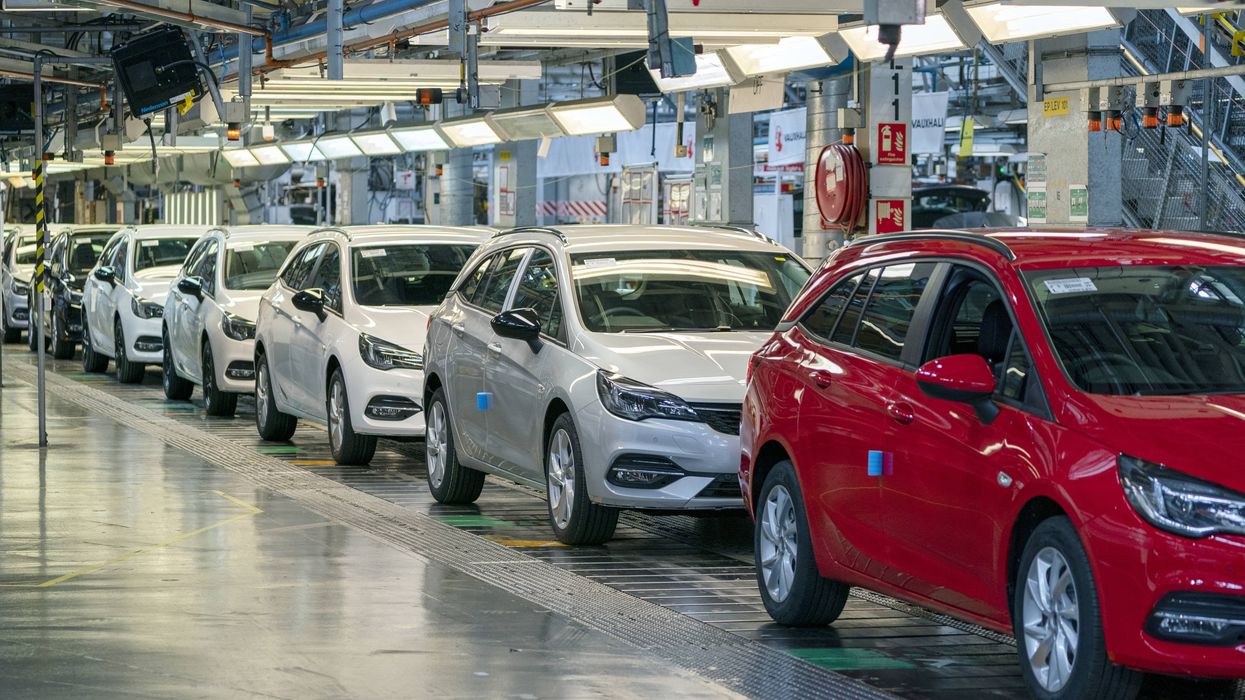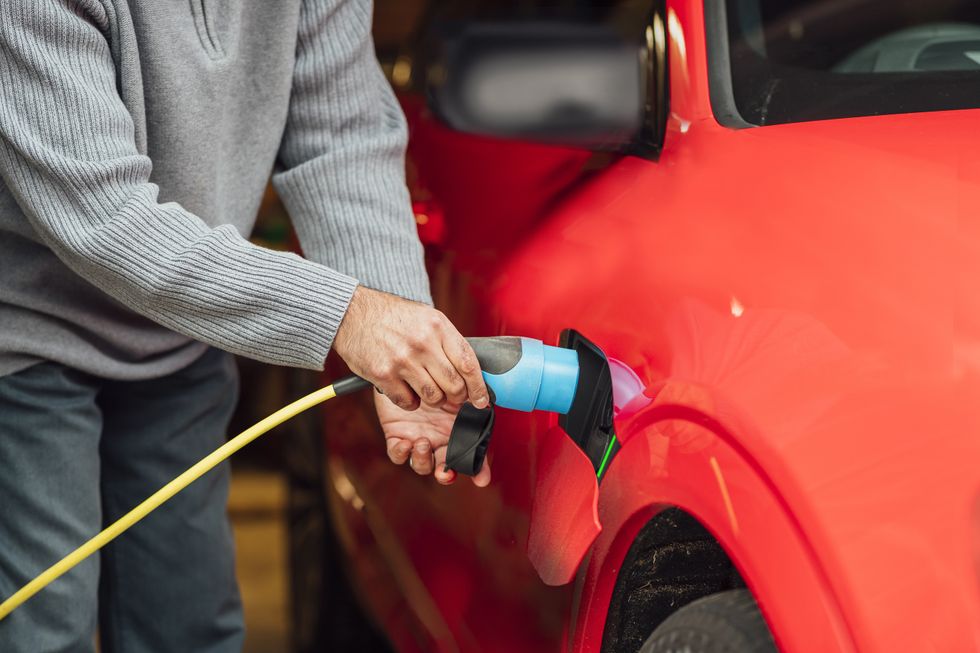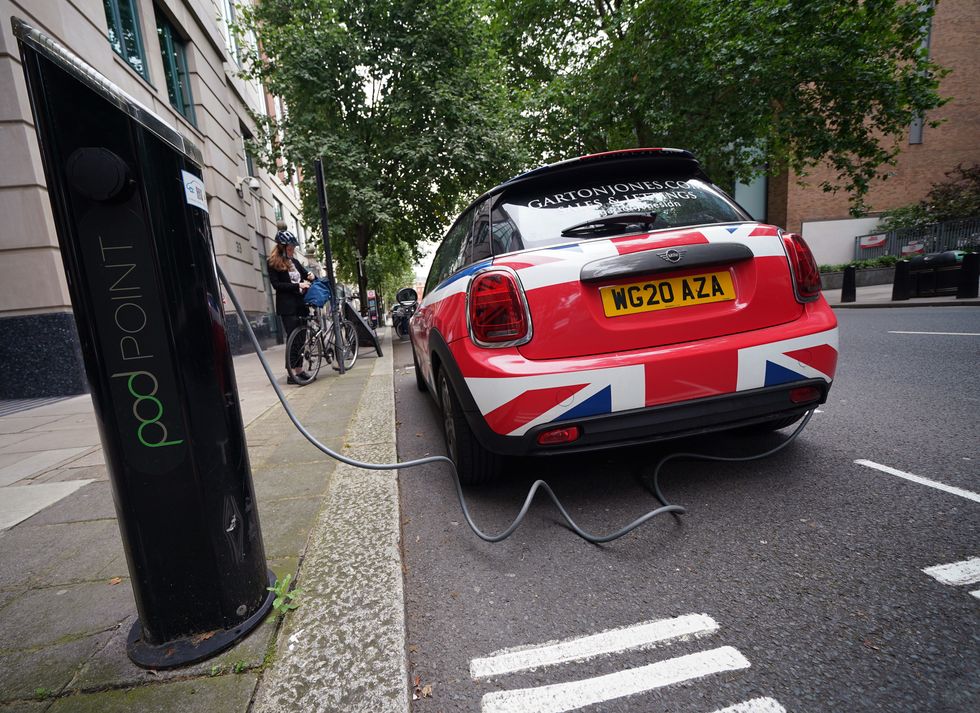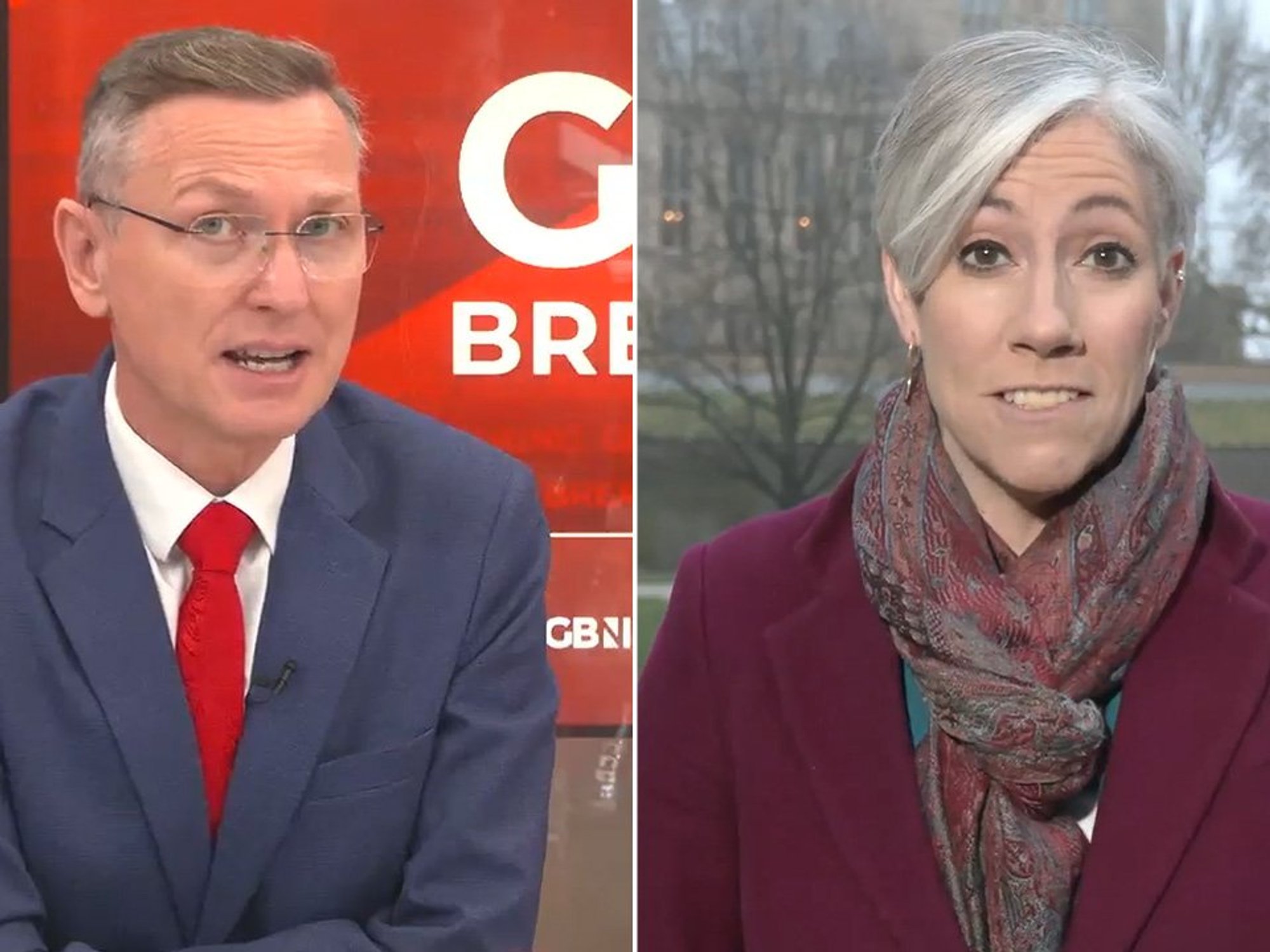Vauxhall owner steps back from producing new electric car batteries amid slumping interest from drivers

Stellantis said it will favour cheaper low-cost batteries for electric cars
| PA
Stellantis will halt production new electric vehicle battery plants in Germany and Italy
Don't Miss
Most Read
Vauxhall owner Stellantis has decided to rein in its commitment to electric vehicles by halting production on a new gigafactory as market sales drop.
The manufacturing giant, which had partnered with other European manufacturers, is set to pause work on its electric car battery production across hubs in Germany and Italy.
The Automotive Cells Company, which is a joint venture between European carmakers, was created to help promote the rollout of EVs across Europe.
But as more Chinese-made vehicles hit the market with a cheaper price point, European manufacturers have been forced to rethink their plans.
Do you have a story you'd like to share? Get in touch by emailing motoring@gbnews.uk

Stellantis boss says it doesn't 'control the speed' of electric car sales
| GETTYStellantis has now said it will instead favour cheaper low-cost batteries in a bid to help mitigate some of the losses from the slump in EV sales.
The change comes as the company struggles to keep up with China and its cheaper electric vehicles which are undercutting the competition in Europe.
Carlos Tavares, Stellantis chief executive, explained in a media briefing that the company is going to adjust its investment plans on EVs to the “pace at which market sales of EVs grow”.
He added that “we do not control that speed”. In a bid to combat the cheaper Chinese price point, the group recently partnered with Chinese brand Leapmotor.
The joint agreement will see the pair create two cheap Chinese electric vehicles that are planned to launch in the UK in September.
As part of the agreement, the Leapmotor T03 supermini and the C10 SUV will be available to purchase from March next year.
The T03 is a small five-door that has a battery range of 165 miles and comes in at a much lower price point than other EVs currently selling in the UK.
The model is expected to sell for roughly £17,200 in the UK. It is already on the Chinese market for as little as 49,900 yuan (£5,400).
Tavares also recently slammed the UK’s net zero targets which will see any car maker falling behind in the development of new electric vehicles hit with hefty punishments.
Car manufacturers could be fined £15,000 per vehicle if they don't meet the minimum targets of the Zero Emission Vehicle mandate.
The ambitious targets which were first introduced at the start of the year aim to help accelerate the switch to electric vehicles and boost manufacturing across the UK.
But to stay on track with the 2035 deadline, manufacturers will need at least 22 per cent of all new car sales to be zero emission by the end of the year.
LATEST DEVELOPMENTS:
- M3 traffic: Drivers face long delays and congestion issues following huge vehicle fire on key motorway
- Petrol and diesel drivers given a 'miserable deal' with expensive fuel prices despite supermarket price drops
- Major car brands risk being fined up to £165million for not producing enough electric vehicles

There are over one million electric cars on UK roads
| PAAs of the end of May 2024, there are now 1.1 million fully electric cars on UK roads and a further 656,000 plug-in hybrids.










